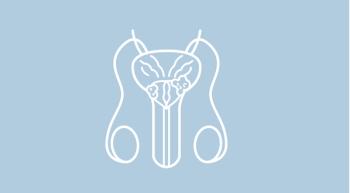
A network to connect patients with unused medications with patients in need brought $18 million of free cancer medication while reducing drug waste.

A network to connect patients with unused medications with patients in need brought $18 million of free cancer medication while reducing drug waste.

Frontline treatment with enfortumab vedotin/pembrolizumab is associated with the highest healthcare costs for patients with locally advanced or metastatic urothelial carcinoma.

The increasing use of biosimilars makes prophylaxis with growth factor more cost effective.

Leah Owens, DNP, OCN, RN, shares how the total cost of care changed over time at her institution with the Oncology Care Model.

Delivering intensive chemotherapy in the outpatient setting may preserve quality of life and lead to significant cost savings, according to investigators.

Patients with prostate cancer who received 18 months of androgen deprivation therapy were more likely to recover their serum testosterone levels and to recover quicker than those who received 36 months of therapy.

Those receiving dostarlimab experienced numerical improvements from baseline in terms of quality of life, emotional functioning, pain, and back and pelvis pain scores.

Advanced practice providers were more likely to be impacted by prior authorizations than their physician colleagues, according to survey responses.

Patients who were in the intervention arm were 67% less likely to go to the emergency department in the last days of their life.

The Undiagnosed Cancer Clinic, or UCC, was established with the goal of reducing the time that patients wait for their initial oncology consultation appointments.

Screening for financial toxicity should be routine in cancer care, according to investigators.

Incorporating frailty screenings into preexisting workflows may be an effective way to provide more holistic care to patients with head and neck cancer.

Investigators reflect on the Oncology Care Model and its implications.

The Oncology Care Model did not significantly improve care, yet patients were satisfied with their care and many oncologists overcame their hesitancy towards value-based models.

At the 2022 ASCO Quality Care Symposium, researchers discussed how Medicaid expansion was tied to earlier diagnoses, more accessible palliative care, and decreased mortality rates for patients with cancer.